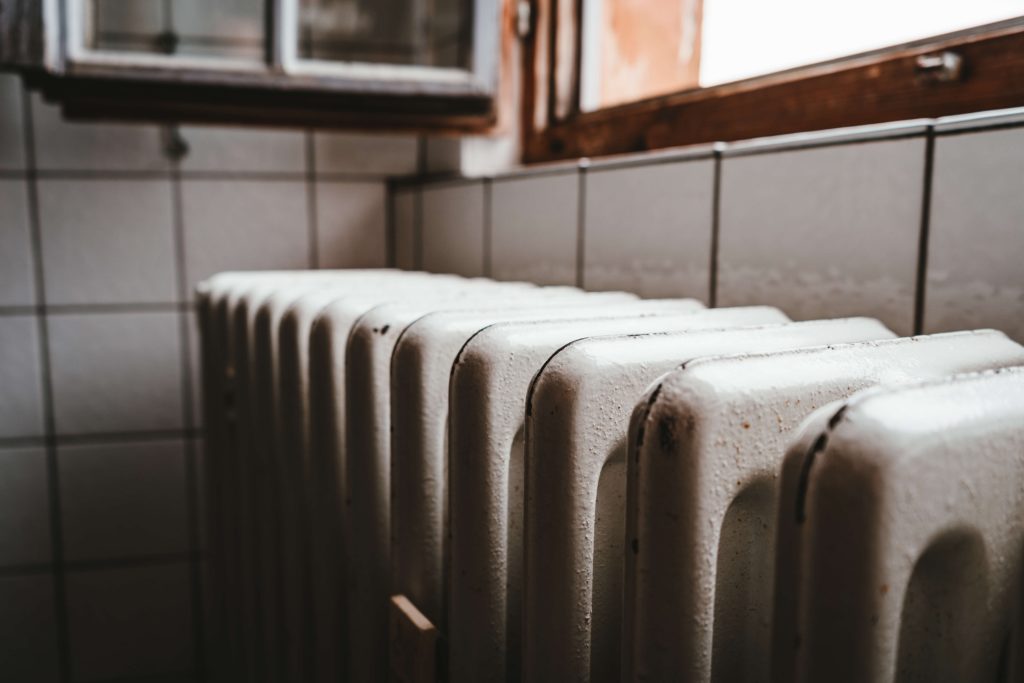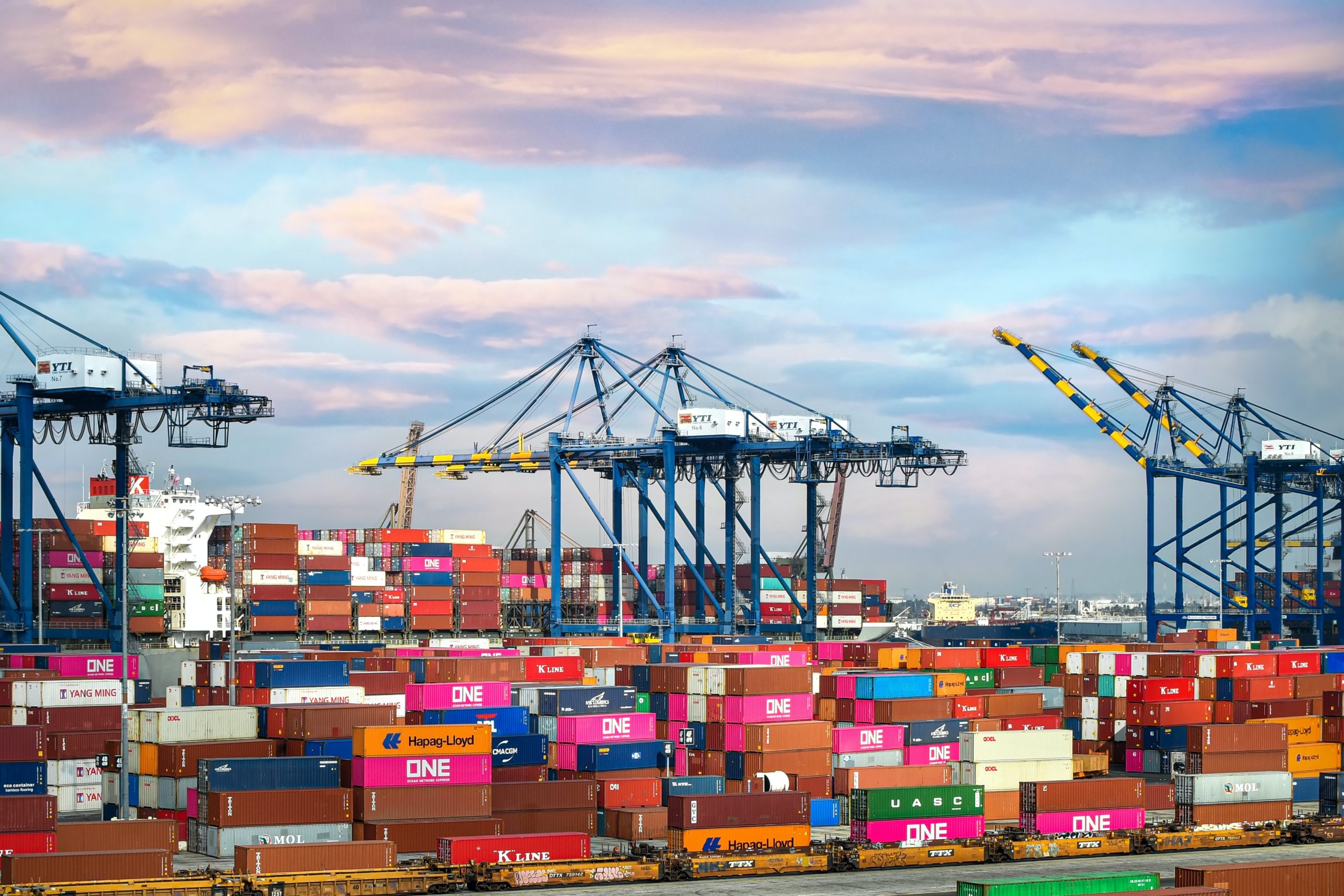As a nation, Latvia has always made an effort to reduce its energy use. The economic stability, business-friendly culture, and range of viable ventures in Latvia all attract foreign companies interested in setting up electricity, gas, heating, and air conditioning services or businesses there. However, certain businesses need unique permissions or licenses to operate.

How to get a license in Latvia
The Republic of Latvia’s Department of Finance, the Leading Specialist of the Energy Policy Administration Division, is responsible for issuing licenses to businesses in the electricity, gas heating, and air conditioning sectors. Such Special permissions in Latvia have a one- to five-year lifespan. Additionally, there are unique permits that may be granted for a brief period. license costs might range from a few hundred euros to a few thousand euros depending on the activity.
Latvian requirements for obtaining an electrical license
The companies that wish to work in these industries must meet the following criteria:
- A corporation must adhere to the nation’s corporate rules and regulations
- On the market, parties must conduct their transactions following legally enforceable contracts
- Only a producer who has a valid license may complete a transaction
Suppliers, traders, and consumers will mutually agree to determine the price of electricity, gas, air conditioning, and heat, except for the circumstances listed in the Energy and Heat Market Act.
Requirements
The requirements to obtain the license include:
- The business must be registered with the Latvian Commercial Register by the dealer
- The technological tools required to provide the services must be available
- State Revenue Service letter attesting to tax compliance and budgetary responsibility
- A description of the applicant’s intentions and activities from the previous year
Fees
A license from the state will set you back at 143 EUR. A charge equal to 0.2 percent of net turnover from the prior year is assessed annually.
Various license types
If you wish to start offering electricity, gas, heating, or air conditioning services, you may need several permissions. Some of them are as follows:
Certificates or licenses for the provision of infrastructure for the distribution of electricity
This license was granted by the Latvian Public Utilities Commission. The license enables the business to provide broad public electrical services. The licensing requirements must be satisfied, and the fees must be paid together with the license acquisition request to acquire this license.
A permit or license to provide thermal amenities
The bearer of this license is authorized to install, maintain, and repair heating equipment in both residential and commercial settings. This license certifies a business can offer heating services to the general public. You must possess substantial knowledge and expertise in the area of employment, as well as significant financial means, to be eligible for this kind of license. A certain quantity of capital investment is also required. This license is also issued by the Latvian Public Utilities Commission.
A license or authorization to operate a facility that supplies natural gas
Companies that provide natural gas supply facilities in a state with a commercial energy sector are often required to get a license before providing supply services. Natural gas providers are often subject to regulation by state public utility commissioners. It is almost probable that suppliers who also act as agents or aggregators for natural gas will need to apply for a second license from the state.
The execution of category A, category B, and category C polluting activity permits
Emitting activities in Latvia may be classified as A, B, or C. Type B polluting operations are smaller in size and have significantly lower carbon emission restrictions than Category A polluting activities, which are larger-scale enterprises with considerable contaminating behavior and stricter pollution management. Modest power enterprises fall under the C category of polluting activities since the estimated environmental effect is minimal and getting a permit is quite straightforward.
A permit for greenhouse gas emissions allows the owner to conduct certain activities that pollute the environment with carbon dioxide at designated output sites. It also describes how such pollutants must be tracked and reported when they are present.







